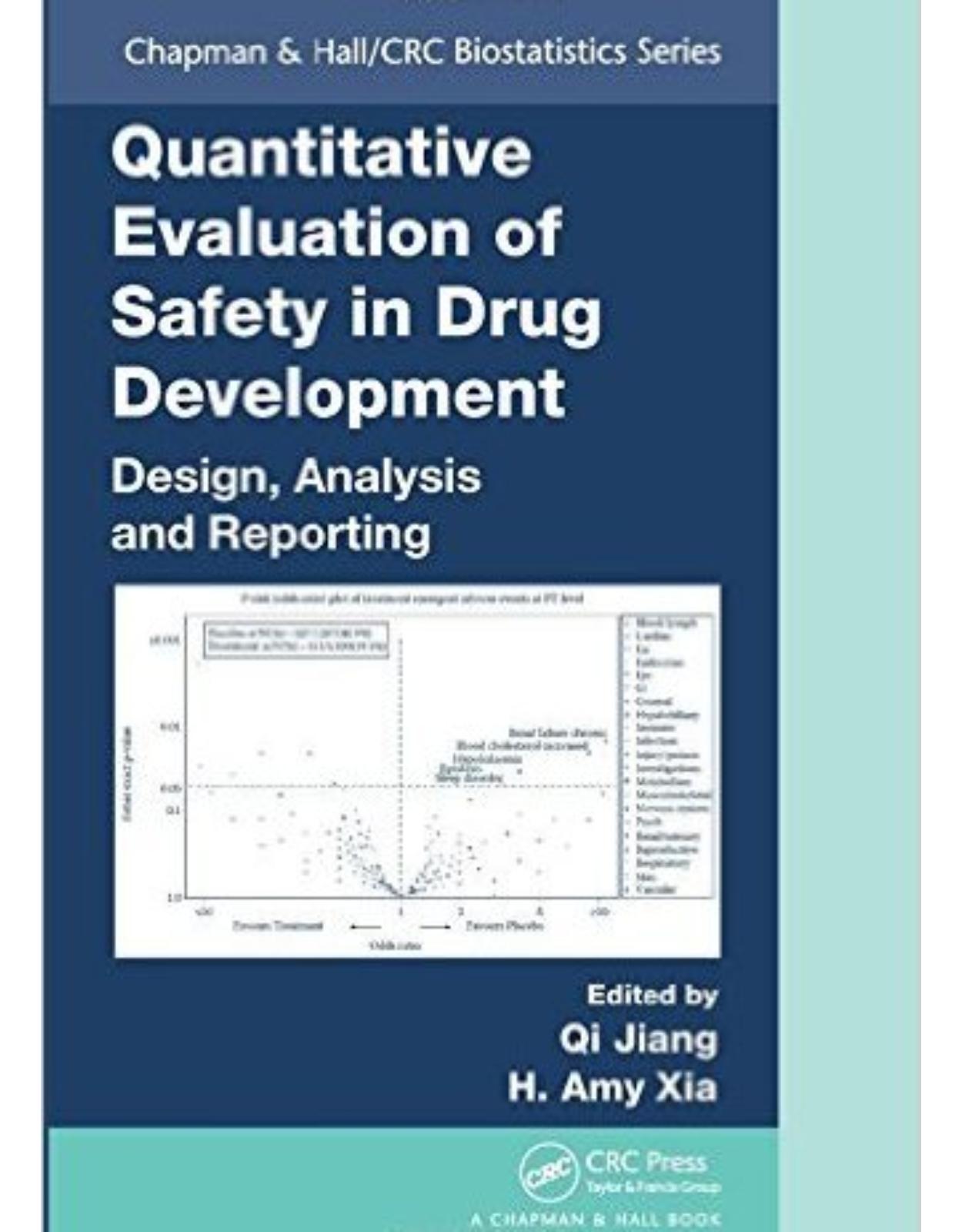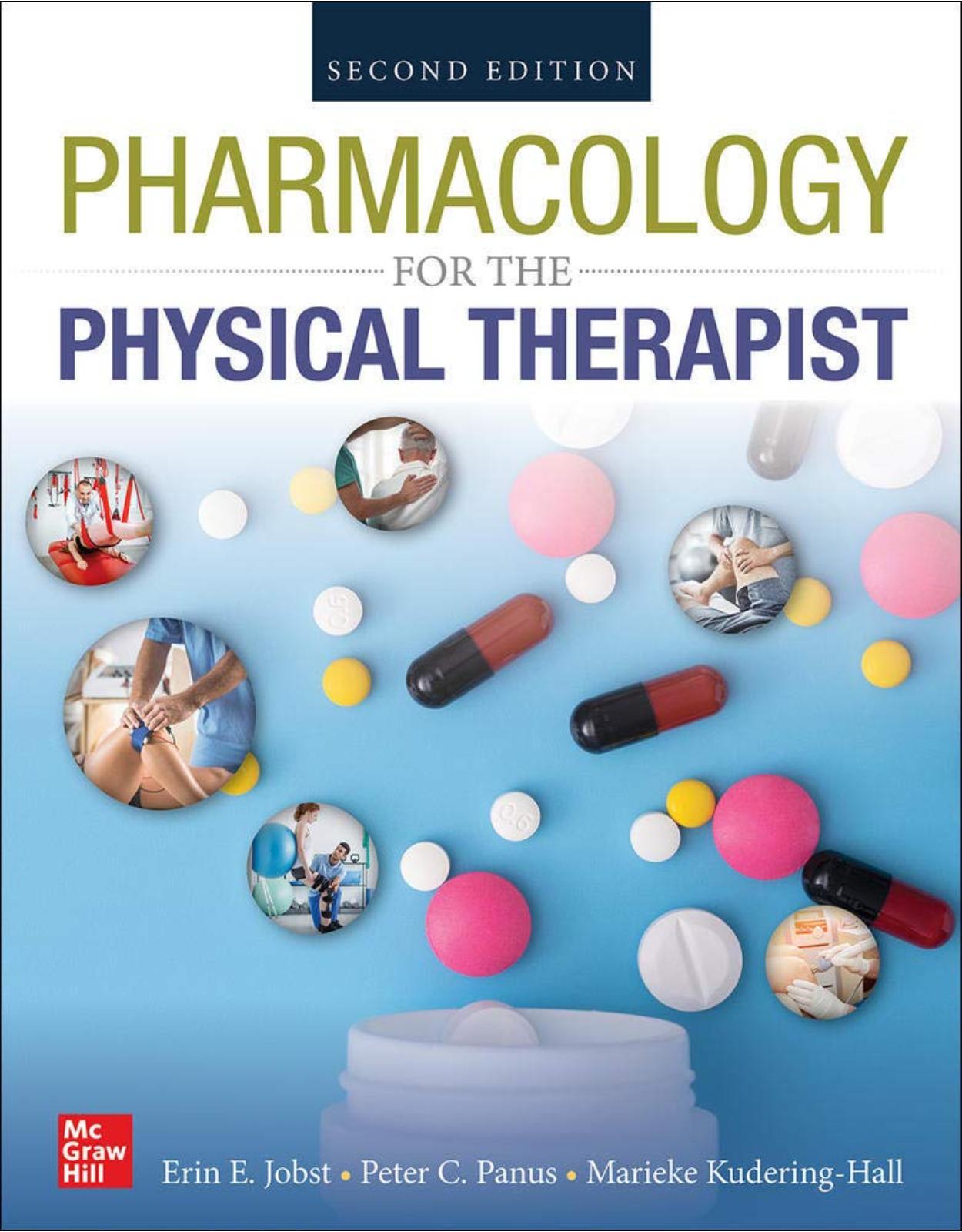
Communication Skills in Pharmacy Practice
Livrare gratis la comenzi peste 500 RON. Pentru celelalte comenzi livrarea este 20 RON.
Disponibilitate: La comanda in aproximativ 4-6 saptamani
Autor: Robert Beardsley
Editura: LWW
Limba: Engleza
Nr. pagini: 352
Coperta: Paperback
Dimensiuni: 15.24 x 1.27 x 22.61 cm
An aparitie: 29 Mar. 2019
Description:
Newly focused on the practical communications skills student pharmacists need for effective practice, this updated Seventh Edition—now in full color— reflects new ACPE standards, including up-to-date coverage of the PPCP model, co-curricular experiences, interprofessional interaction and collaboration, and professional development. Practical, easy-to-use, and packed with relevant case studies and coverage of the latest advances in the field, this edition is ideal for the foundational course and pre-experiential training.
Table of Contents:
1 Patient-Centered Communication in Pharmacy Practice
Overview
Introduction
What Is Patient-Centered Care?
Pharmacists’ Responsibility in Patient Care and the Pharmacists’ Patient Care Process
Importance of Communication in Meeting Your Patient Care Responsibilities
Encouraging a More Active Patient Role in Therapeutic Monitoring
A Patient-Centered View of the Medication Use Process
Summary
Review Questions
Review Cases
References
2 Principles and Elements of Interpersonal Communication
Overview
Setting the Stage
Components of the Interpersonal Communication Model
Personal Responsibilities in the Communication Model
In Search of the Meaning of the Message
Importance of Perception in Communication
Summary
Review Questions
Review Cases
References
3 Nonverbal Communication
Overview
Nonverbal Versus Verbal Communication
Elements of Nonverbal Communication
Distracting Nonverbal Communication
Detecting Nonverbal Cues in Others
The Importance of Nonverbal Communication in Health Care Encounters
Overcoming Distracting Nonverbal Factors
Summary
Review Questions
Review Cases
References
4 Barriers to Communication
Overview
Introduction
Environmental Barriers
Personal Barriers
Administrative Barriers
Time Barriers
Summary
Review Questions
Review Cases
References
5 Listening and Empathic Responding
Overview
Listening Well
Empathic Responding
Empathy and Effective Communication
Attitudes Underlying Empathy
Nonverbal Aspects of Empathy
Problems in Establishing Helping Relationships
Knowing When to Refer
Summary
Review Questions
References
6 Assertiveness
Overview
Beginning Exercise
Defining Assertiveness
Theoretical Foundations
Assertiveness Techniques
Assertiveness and Patients
Assertiveness and Other Health Care Professionals
Assertiveness and Employees
Assertiveness and Employers
Assertiveness and Colleagues
Summary
Review Questions
Review Cases
References
7 Interviewing and Assessment
Overview
Introduction
Components of an Effective Interview
Interviewing as a Process
Interviewing in Pharmacy Practice
Interviewing and Patient-Reported Outcomes
Documenting Interview Information
Interviewing Using the Telephone
Summary
Review Questions
References
8 Helping Patients Manage Therapeutic Regimens
Overview
Introduction
False Assumptions about Patient Understanding and Medication Adherence
Techniques to Improve Patient Understanding
Techniques to Establish New Behaviors
Techniques to Facilitate Behavior Change
Theoretical Foundations Supporting Behavior Change
Applying Motivational Interviewing Principles and Strategies
Summary
Review Questions
References
9 Medication Safety and Communication Skills
Overview
Introduction to Medication Safety Issues
Types of Errors: Possible Causes and Potential Solutions
General Strategies to Enhance Patient Safety
When Errors Occur
Summary
Review Questions
References
10 Strategies to Meet Specific Needs
Overview
Introduction
Older Adults
Patients with Disabilities
Patients with Terminal Illnesses
Patients with Sexually Transmitted Infections
Patients with Mental Health Problems
Patients Who Are Suicidal
Patients with Low Health Literacy
Cultural Competence
Caregivers
Summary
Review Questions
Review Cases
References
11 Communicating with Children about Medicines
Overview
Importance of Using a Patient-Centered Interaction Style
Understanding the Cognitive Developmental Level of a Child
General Principles for Communicating with and Empowering Children
What Children Want to Know about Their Medicines
Barriers and Facilitators to Counseling Children and Parents in a Pharmacy Setting
Summary
Review Questions
Review Exercise
References
12 Interprofessional Collaboration and Effective Communication Skills
Overview
Pharmacists’ Roles in Collaborative Patient Care
Barriers and Facilitators to Collaboration
Interprofessional Collaborative Competencies
How to Develop Collaborative Arrangements
Building Trust: The Cornerstone to Successful Collaborative Arrangements
Using Communication Skills to Enhance Collaborative Relationships
Five Critical Behaviors Within Collaborative Partnerships
Collaboration and the Patient-Centered Medical Home
Summary
Review Questions
Review Cases
References
13 Digital Communication in Health Care
Overview
Introduction
Foundations of Internet-Based Communication
Pharmacist Use of Social Media
Patient–Provider Communication
Interprofessional Use of Digital Communication
Trending and Future Digital Communication Issues
Guidelines for Digital Communications
Summary
Review Questions
References
14 Ethical Behavior When Communicating with Patients
Overview
Ethical Patient Care
A Pharmacy Code of Conduct for a Modern World
The Pharmacists’ Code of Ethics
Key Principles Guiding Ethical Conduct
How Can Pharmacists Resolve Ethical Dilemmas?
Analyzing Patient Cases
Exploring a Contemporary Ethical Issue
Discussion
Summary
Review Questions
References
Index
| An aparitie | 29 Mar. 2019 |
| Autor | Robert Beardsley |
| Dimensiuni | 15.24 x 1.27 x 22.61 cm |
| Editura | LWW |
| Format | Paperback |
| ISBN | 9781975105419 |
| Limba | Engleza |
| Nr pag | 352 |
















Clientii ebookshop.ro nu au adaugat inca opinii pentru acest produs. Fii primul care adauga o parere, folosind formularul de mai jos.